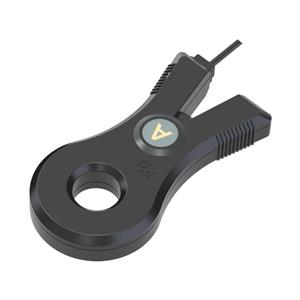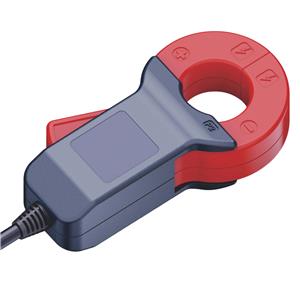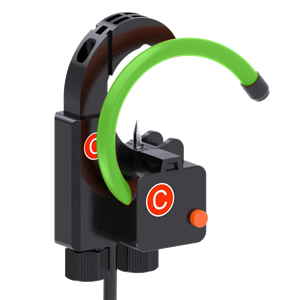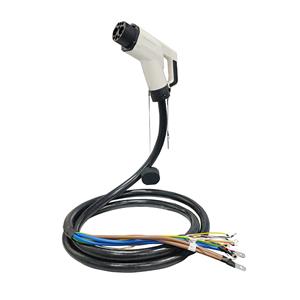LCM Customization and Application Challenges
Customizing LCMs for specific applications can be a complex and intricate process that involves various challenges and considerations. LCM manufacturers offer customization options to meet the unique requirements of different industries and applications. These options can include different sizes, aspect ratios, resolutions, touch capabilities, and special features.
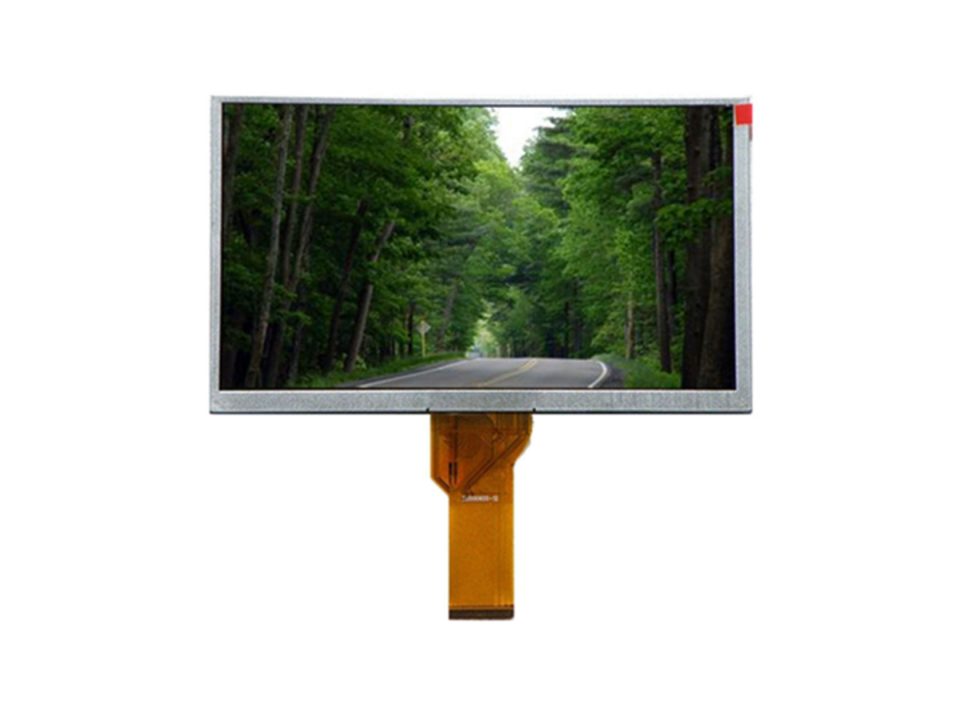
One of the challenges in customizing LCMs is the technical aspect. LCM manufacturers need to ensure that the customized display meets the required specifications and functions seamlessly with the rest of the system. This may involve integrating specific interfaces, connectors, or communication protocols to ensure compatibility with the target application. It also requires a thorough understanding of the application's performance requirements and environmental conditions to design a display that can withstand the intended use.
Logistical considerations are also crucial in LCM customization. The supply chain and manufacturing processes need to be adapted to accommodate the custom requirements. This can involve sourcing specific components, adjusting production lines, and managing inventory to meet the demand for customized displays. Effective communication and collaboration between the LCM manufacturer and the customer are essential to ensure that the customization process is smooth and efficient.
Cost is another consideration in customizing LCMs. Customization often involves additional engineering and design efforts, which can lead to higher development costs. The scale of production can also affect the overall cost, as smaller production quantities may result in higher unit costs. Balancing the desired customization with cost considerations is crucial to ensure the viability of the project.
Furthermore, LCM customization may require compliance with industry-specific standards and regulations. For example, displays used in medical devices may need to meet specific safety and performance criteria. This adds an additional layer of complexity to the customization process, as manufacturers need to ensure that the customized LCMs meet the necessary certifications and standards.
Despite the challenges involved, LCM customization offers significant benefits. Customized displays can enhance the user experience, improve functionality, and provide a competitive advantage in the market. They allow manufacturers to tailor the display to the specific application, ensuring optimal performance and usability.
In conclusion, customizing LCMs for specific applications involves various challenges and considerations. These include technical requirements, logistical adjustments, cost implications, and compliance with industry standards. Effective collaboration between LCM manufacturers and their customers is crucial to navigate these complexities and deliver customized displays that meet the unique requirements of different industries and applications. Despite the challenges, LCM customization offers opportunities for innovation and differentiation in the marketplace.

